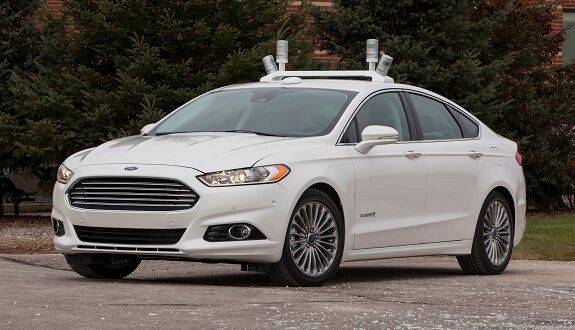Here’s a thought experiment inspired by the Search for Extraterrestrial Intelligence (SETI): Suppose in our search for beings in other galaxies, we come across a species that looks very much like us and can communicate with us reasonably well, so that it doesn’t take very long for them to understand what we’re about. In other words, they are definitely within our sphere of spontaneous sympathy. Moreover they even possess technologies that we consider relatively advanced, such as mobile phones. (After all, how else could we have recognised them as intelligent beings?) At the same time, however, they also tend to live half as long as we do – and for reasons that are quite obvious to us because they lack the sort of societal infrastructure that would enable them to live longer.
To be sure, these beings think that their lives are perfectly fine, aside from spates of internecine strife that seem to be fuelled by alien sources (perhaps the same aliens that enabled us to discover them). In any case, their culture is designed around the way they have conducted their lives for centuries. The question is whether we should violate Star Trek’s Prime Directive and substantially intervene to provide them with an infrastructure that would allow them to live longer and perhaps flourish in a way that would go beyond the sort of superficial trade relations that currently mark our maintenance of a ‘respectful’ distance from them. Here are some options:
1. No matter the cost to them or us, ‘civilising’ these aliens is an end worth pursuing in its own right – even if it ends up a gallant failure.
2. We can’t really afford much backlash from the natives, especially given that backups from Earth will not be forthcoming. So, we need to tread carefully, perhaps envisaging a long-term strategy of cultivating natives over several generations.
3. We commit to leaving the natives with some care packages and a time-limited run of advisors whose mission is to get them to use those packages as effectively as possible, so that eventually they can produce their contents for themselves.
4. We simply obey the Prime Directive and deal with them as free market traders without any particular concern for how they end up using whatever the both of us agree to have been a fair exchange of goods.
Now let us think about planet Earth, where we have the United Nations Universal Declaration of Human Rights – and not the Prime Directive – as our guiding normative principle. Clearly, (4) would be seen as a libertarian dys/utopia that would render the Declaration irrelevant (though it may well capture China’s current policy towards the Third World), whereas (3) would be seen as the default position of most development aid. I have advocated (2) as Imperialism 2.0, and of course classic Imperialism is captured by (1).
Just as the sixteenth century European conquistadors thought they were about to discover lands of great wealth and potential superiority to what they had experienced in their homelands, our own interstellar voyagers may be subject (occasionally at least) to a rude awakening, for which we need a policy. And perhaps considering such a policy might help us to think more clearly about the aliens on our own planet – i.e. those in need of ‘development’.

 In preparation for 2014, Gartner released a report outlining its top predictions for the next six years or so titled “
In preparation for 2014, Gartner released a report outlining its top predictions for the next six years or so titled “

 Considering that batteries are typically designed for maximum longevity, it may seem odd to learn that the U.S. Defense Advanced Research Projects Agency (DARPA) is ramping up research into
Considering that batteries are typically designed for maximum longevity, it may seem odd to learn that the U.S. Defense Advanced Research Projects Agency (DARPA) is ramping up research into 








